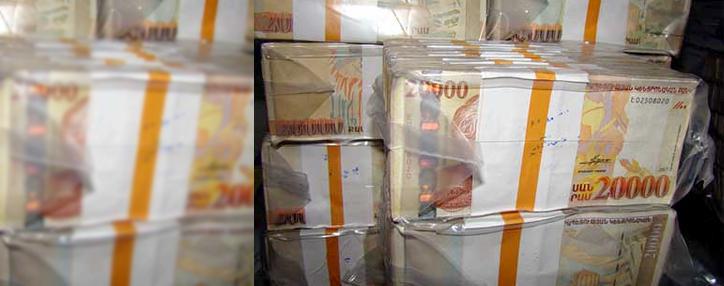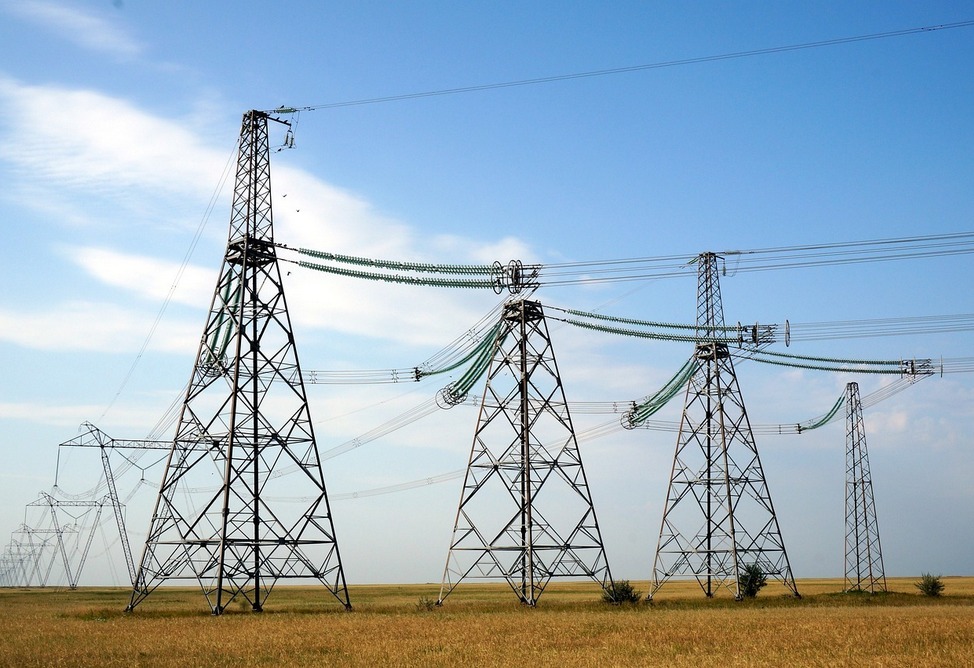Armenian government approves first long-term development program
21.05.2020,
17:01
The Armenian government approved today the first long-term economic development program with the total budget of 50 billion drams (about $100 million).

YEREVAN, May 21. /ARKA/. The Armenian government approved today the first long-term economic development program with the total budget of 50 billion drams (about $100 million).
Economy Minister Tigran Khachatryan said the goal is to ensure that those private sector projects, which encounter serious problems without government support, take advantage of this initiative and move forward with broader opportunities.
He said that assistance under this initiative will be provided on condition that it will lead to several times larger investments by the private sector.
“At the first stage, the government will assume the financial obligations, and the support will be distributed in 10 stages, each worth 5 billion drams,” he said.
The minister said a Fund will be registered with the Central Bank that will be dealing with providing assistance. Moreover, at this stage, small investment projects will not be considered due to the limited human resources.
The applicant companies will have to meet several conditions. They will have to invest their own funds in the project in the same amount as the government assistance. Under the second condition they have to attract credit funds in the amount equal to their own and government's investments.
For example, if the government provides 5 billion drams, the private company must invest its own 5 billion drams in the project and attract another 10 billion drams worth loan.
“The next condition is that government investment should lead to an increase in the company's own capital. In other words, the assistance cannot be used to service other obligations of the company,” Khachatryan said.
The Armenian government has approved a total of 18 programs to offset the economic consequences of the coronavirus pandemic. Eight are designed to show assistance to agriculture, tourism, SMEs, microbusiness, IT and other industries and the rest- to various groups of the population.
A 30-day state of emergency to curb the spread of coronavirus was declared in Armenia on March 16 and restrictions were imposed on free movement of citizens. The government banned also some types of economic activity. On April 13, the government extended the state of emergency for another month and on May 4 it lifted the ban on almost all types of economic activity and the free movement of citizens, except for public transport. On May 14, the government has again extended the state of emergency for another 30 days.
However, despite the extension, public transport, preschools, trading centers, restaurants and gyms have reopened starting from May 18, and wearing of masks has become mandatory in public spaces.
According to the latest official data.
The Ministry of Health reported 335 new COVID-19 infections on Thursday morning, raising the total number of cases to 5,606. It also said that three more people died from the virus in the past day. The official death toll from the epidemic thus reached 70. Also, 2,581 patients have recovered.-0-
Economy Minister Tigran Khachatryan said the goal is to ensure that those private sector projects, which encounter serious problems without government support, take advantage of this initiative and move forward with broader opportunities.
He said that assistance under this initiative will be provided on condition that it will lead to several times larger investments by the private sector.
“At the first stage, the government will assume the financial obligations, and the support will be distributed in 10 stages, each worth 5 billion drams,” he said.
The minister said a Fund will be registered with the Central Bank that will be dealing with providing assistance. Moreover, at this stage, small investment projects will not be considered due to the limited human resources.
The applicant companies will have to meet several conditions. They will have to invest their own funds in the project in the same amount as the government assistance. Under the second condition they have to attract credit funds in the amount equal to their own and government's investments.
For example, if the government provides 5 billion drams, the private company must invest its own 5 billion drams in the project and attract another 10 billion drams worth loan.
“The next condition is that government investment should lead to an increase in the company's own capital. In other words, the assistance cannot be used to service other obligations of the company,” Khachatryan said.
The Armenian government has approved a total of 18 programs to offset the economic consequences of the coronavirus pandemic. Eight are designed to show assistance to agriculture, tourism, SMEs, microbusiness, IT and other industries and the rest- to various groups of the population.
A 30-day state of emergency to curb the spread of coronavirus was declared in Armenia on March 16 and restrictions were imposed on free movement of citizens. The government banned also some types of economic activity. On April 13, the government extended the state of emergency for another month and on May 4 it lifted the ban on almost all types of economic activity and the free movement of citizens, except for public transport. On May 14, the government has again extended the state of emergency for another 30 days.
However, despite the extension, public transport, preschools, trading centers, restaurants and gyms have reopened starting from May 18, and wearing of masks has become mandatory in public spaces.
According to the latest official data.
The Ministry of Health reported 335 new COVID-19 infections on Thursday morning, raising the total number of cases to 5,606. It also said that three more people died from the virus in the past day. The official death toll from the epidemic thus reached 70. Also, 2,581 patients have recovered.-0-



